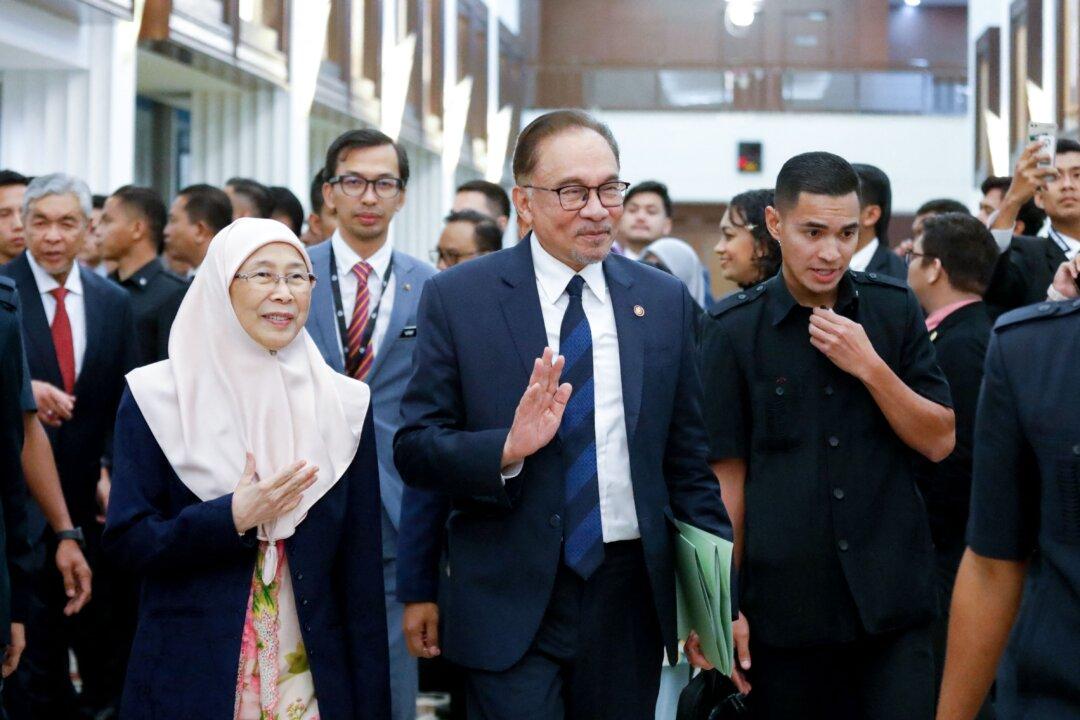Malaysia’s newly-elected Prime Minister Anwar Ibrahim on Monday won a vote of confidence in parliament, a motion brought forward by his own coalition to prove to a defiant rival that he commands the majority to lead the government.
The motion of confidence was debated by 12 members of parliament (MPs) from the ruling and opposition blocs. It was passed through a voice vote as no MPs from either side called for a bloc vote, according to local reports.





